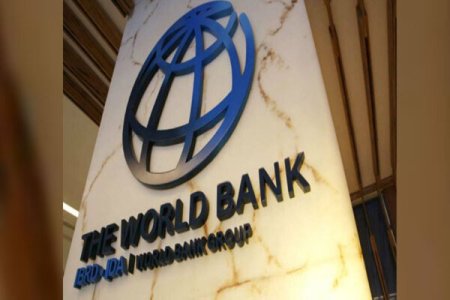
Nigeria retains its position as Africa’s largest economy, despite low FDI inflows. The World Bank highlights the need for targeted reforms in ICT, agribusiness, solar, and pharmaceuticals to unlock investment and job creation. However, concerns remain over poverty, infrastructure, and economic stability despite ongoing macroeconomic adjustments.
Despite economic challenges, Nigeria remains Africa’s largest economy by Gross Domestic Product (GDP), according to the World Bank’s Country Director for Nigeria, Dr. Ndiame Diop. Speaking in Abuja, he noted that Nigeria lags behind in Foreign Direct Investment (FDI) compared to nations like South Africa and Indonesia but continues to hold the top spot in Africa.
Dr. Diop emphasized the need for targeted reforms to unlock Nigeria’s full economic potential. The upcoming Country Private Sector Diagnostic (CPSD) report will highlight key challenges affecting private sector growth. He identified the ICT, agribusiness, solar energy, and pharmaceutical sectors as key areas for investment, with potential to attract billions of dollars and create hundreds of thousands of jobs.
In the ICT sector, reforms addressing high fees and regulatory inconsistencies could boost broadband expansion. In agribusiness, investments could generate over 275,000 jobs, while the solar industry has an estimated $8.5 billion investment potential. The pharmaceutical industry also presents growth opportunities with improved policies.
The Minister of Finance, Wale Edun, praised ongoing economic reforms, including subsidy removals and improved security, which have enhanced investor confidence. However, Nigerians remain skeptical, citing persistent poverty, weak infrastructure, and inflationary pressures despite economic growth.




![Today's Naira Rate [06-02-2025]: Naira Strengthens to N1,585/$1 in Black Market, Official Rate Declines](/data/attachments/213/213180-debe80245df63b887c2f9633a469b0c8.jpg?hash=PERHMQHP25)